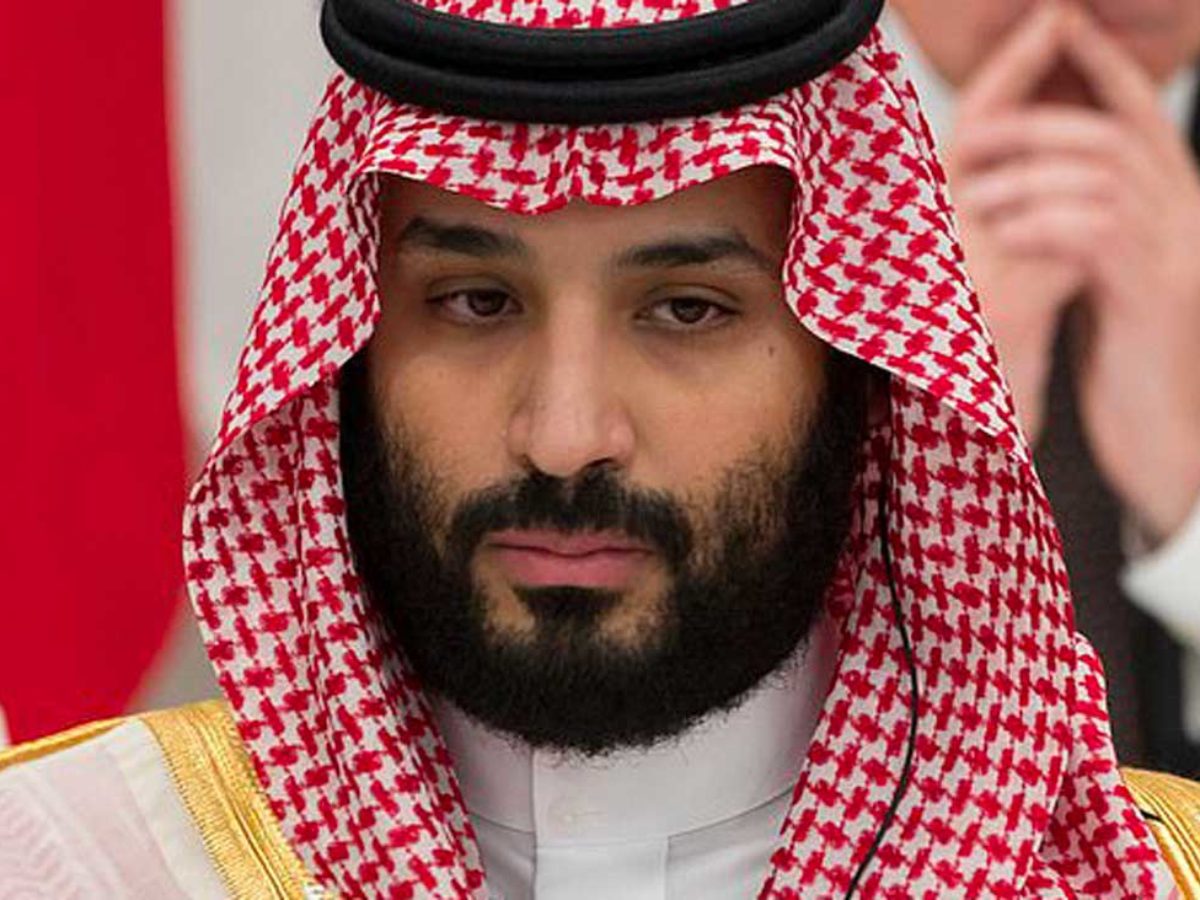Saudi Crown Prince Mohammed bin Salman has reiterated that Saudi Arabia will not establish formal diplomatic ties with Israel without the creation of an independent Palestinian state, with East Jerusalem as its capital. Speaking before the Shura Council, the kingdom’s advisory body, he reaffirmed Saudi Arabia’s commitment to the Palestinian cause, condemning Israeli occupation forces for their treatment of Palestinians.
This statement comes amid heightened global attention following a United Nations resolution calling for the end of Israeli occupation in the Palestinian territories within a year. The crown prince’s remarks signal a firm stance on the Palestinian issue, despite ongoing U.S. efforts to broker a normalization agreement between Saudi Arabia and Israel.
Although several Arab nations, including Bahrain, the UAE, and Morocco, have normalized relations with Israel under the 2020 Abraham Accords, Saudi Arabia has so far refused. U.S. Secretary of State Antony Blinken expressed hopes for a potential breakthrough in these negotiations, especially following the Gaza ceasefire, which could pave the way for normalization between Riyadh and Tel Aviv.
However, the recent conflict in Gaza, and what some view as Israeli Prime Minister Benjamin Netanyahu’s “extreme” stance, has led Crown Prince Mohammed to halt the normalization talks. Just weeks before the unprecedented Hamas attacks on Israel in October 2023, the crown prince had indicated a possible breakthrough in Saudi-Israeli relations, alongside advancing security cooperation with Washington.
Now, as fighting continues in Gaza, Saudi leaders emphasize more strongly than ever the necessity of a Palestinian state. With less than two months until the U.S. presidential election, some analysts believe Mohammed bin Salman is positioning himself strategically for future negotiations, stressing the importance of the Palestinian issue for any future normalization agreement.
